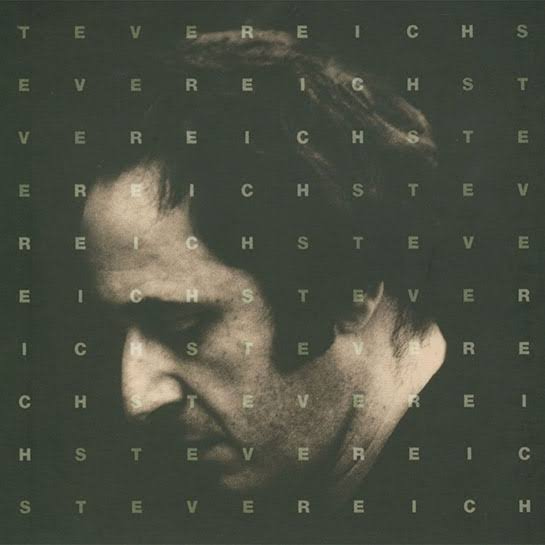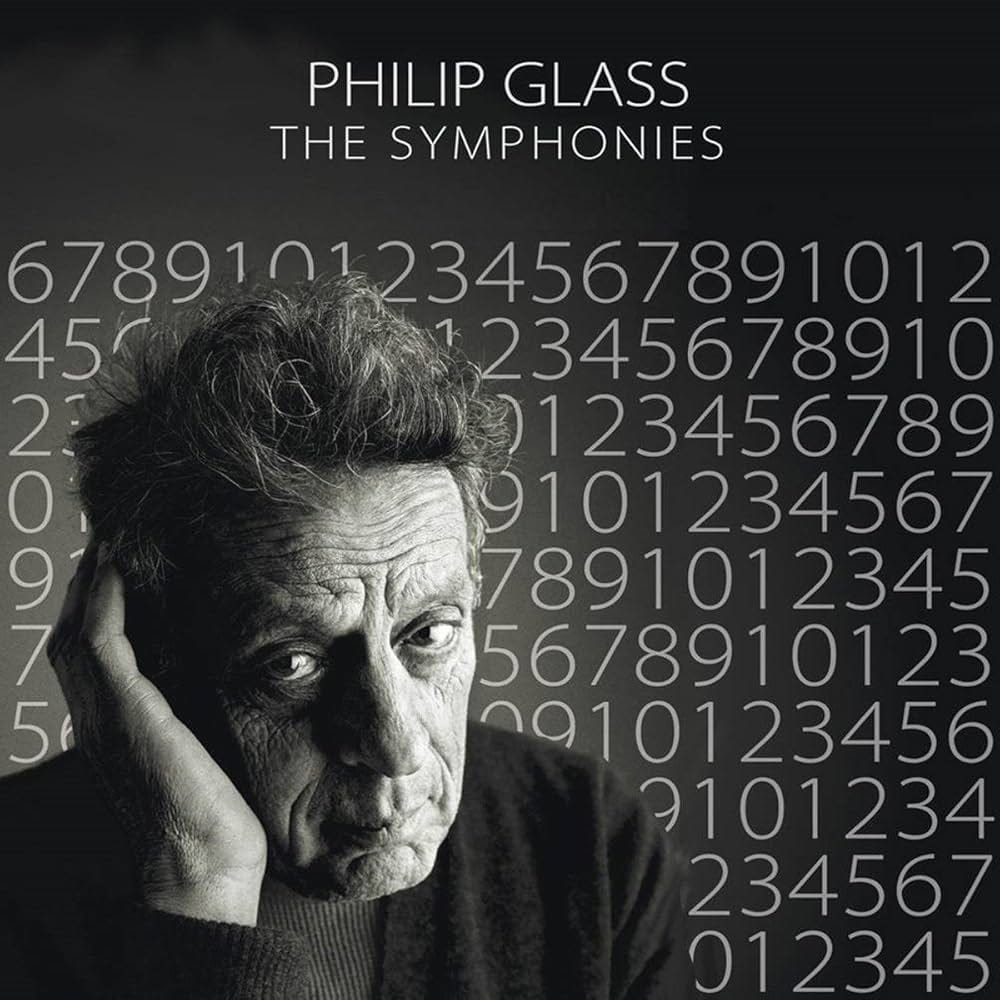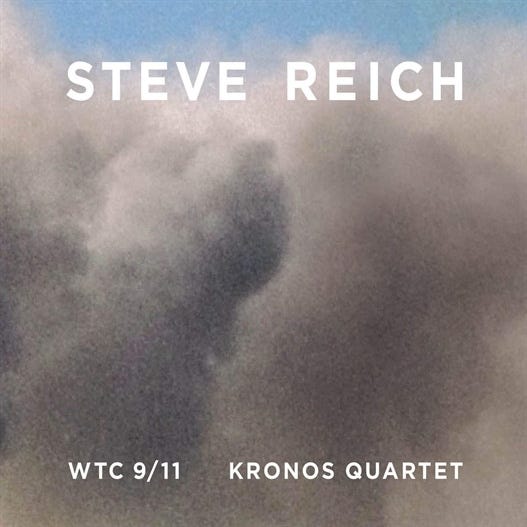Pushing It, Baby
Call out to all readers, I’m pushing to get more paid subscribers, my goal is to add twenty of you by the end of this month. That might not seem like a big number, but it would be enormously beneficial. This is not a sideline for me, it’s one of my “jobs” in my freelance world, one of the few where I don’t have to pitch ideas and hope they get accepted. Your subscriptions are materially meaningful to me.
And now is the time to upgrade your free subscription, or jump all in as a new reader. New annual subscriptions (upgrades or brand new) to this newsletter up until midnight on Labor Day (September 1 this year) will be eligible to win one of these three fabulous albums of minimalist music:
Steve Reich: Works 1965-1995
Philip Glass: The Symphonies (Nos. 1-10) (currently out of print)
Kronos Quartet, Steve Reich: WTC 9/11 / Mallet Quartet / Dance Patterns + DVD
This album is autographed by Reich.
All of the CDs are NM on the Discogs rating scale, the WTC 9/11 cardboard digipack has a slight tear at one of the joins. Beautiful listeners copies.
All new subscribers from May 1 will be included in a random drawing of three names on September 2. First selected gets the first choice of one of the above, second selected gets their choice of the two albums that remain, third selected gets the final album.
Why, And Why Now?
First, when you have a full subscription, you get everything. One of those things is all the writing I do on minimalist music, like excerpts from my forthcoming book on the subject. Also, some best-of lists and certain newsletters will only go to full subscribers. Full subscribers can comment and have access to the full archives.
But what is all this stuff? There’s been a couple weeks of discourse around music criticism, triggered by The New York Times doing a de facto culling of their staff critics, literally halving their classical and pop music desks and indicating clearly that there’s little interest left at the paper for criticism. I’ve made my own comments, and I’ve read others. I’ve been thinking more about this, because I think about the process and meaning of criticism almost all the time, and have so for years.
I’m a critic, which is different from, though related to, things like reviewing, or writing profiles of artists. My values are more important then my taste (here’s more detail about what that means, and those values). My main topic is obviously music, but it’s not my only one—and I have a few interesting non-music things in the works. I write about music because it’s in my bones as a professional performing musician and a composer.
And all that’s because the way my mind works, music makes sense to me, I can hear how things fit together horizontally and vertically in time, it’s a language that makes structural sense to me. I’m a sensitive listener, I can hear timbre and detail and tuning. There’s also a crucial component to that where, so far, I’m able to hear presence or lack of ideas, clarity of thinking, sincerity, and honesty. This, I think, comes out of how depression effected my brain.
That’s the kind of critical thinking you’ll find here. Because it is critical thinking first, not reviewing, and because music is a collaborative human activity that turns the circumstances of life and history into a new language, thinking about music means thinking about society, fills a range between what the style for music may be and how the political economy and social situation of a country determines who gets to make music.
All The Way, Live
There is one important thing that sets what I do here apart from much of the other music writing here and at other platforms. I see a lot of live performances, and that makes a huge difference. People who only write from recorded media are missing at least half the story and absolutely the essential social component to music making, and listening.
I see a lot of this writing on Substack, it gets increasingly narrow and increasingly disconnected from life. Lots of lists, lots of going through older writing, things like the strange turn in some music writing toward data, which is a misapprehension of music that seems to come from relying on recordings and streaming. The irony of this is that streaming algorithms are for shit, which a lot of this writing points out, but then the same stuff uses even dumber algorithms—measuring the quality of music by key changes means Steve Reich, who didn’t change chords for eight years, totally sucks.
This seems obvious and normal to me because I see a lot of live music, of a wide range. Being live, I don’t control the selection as with recordings, I’m in the hands of the artists, digging it with the audience. My mind, I’m happy to say, not only remains open but opens even wider everyday. I’m thankful for this and hope it continues, and sometimes I wonder the reason why. I’m convinced it’s because I’m in the audience as much as I’m in front of the stereo, I hear the world, not my library, I have to listen to what people are telling me, not what I want to hear. And I think that makes this newsletter valuable, and unique—I’m not trying to give you what you want, but what you need. I hope it’s valuable to you.
Good listening to all, and please subscribe.







